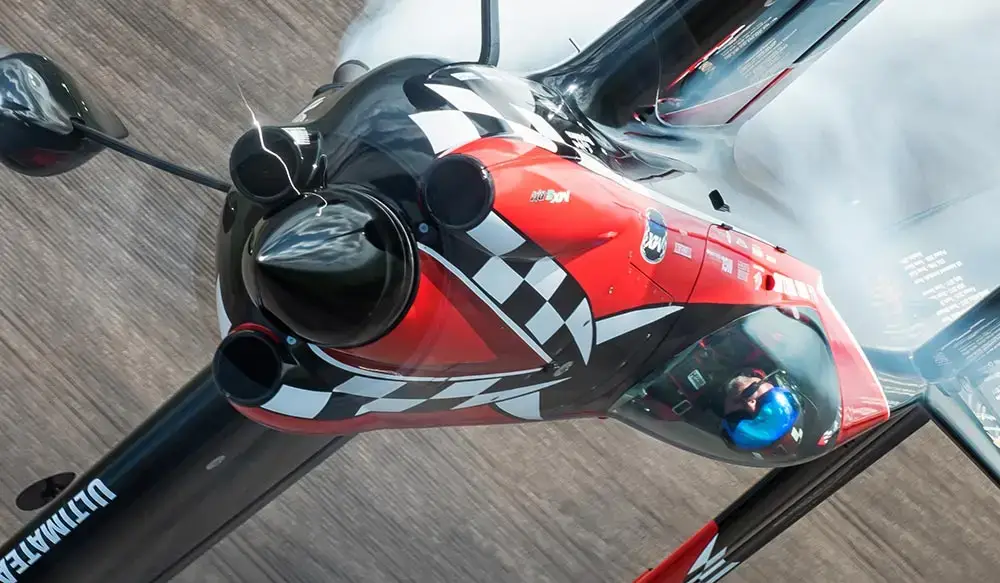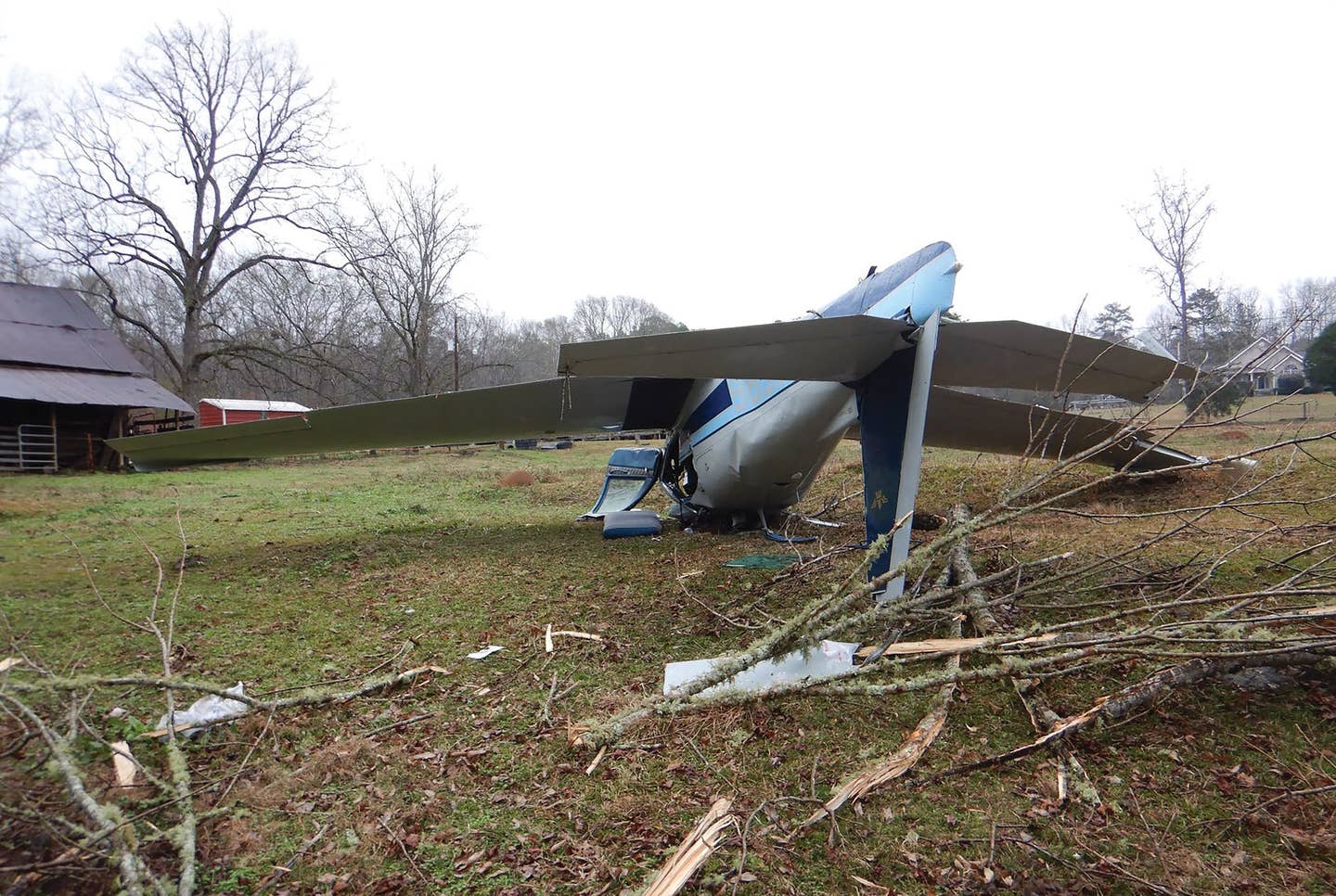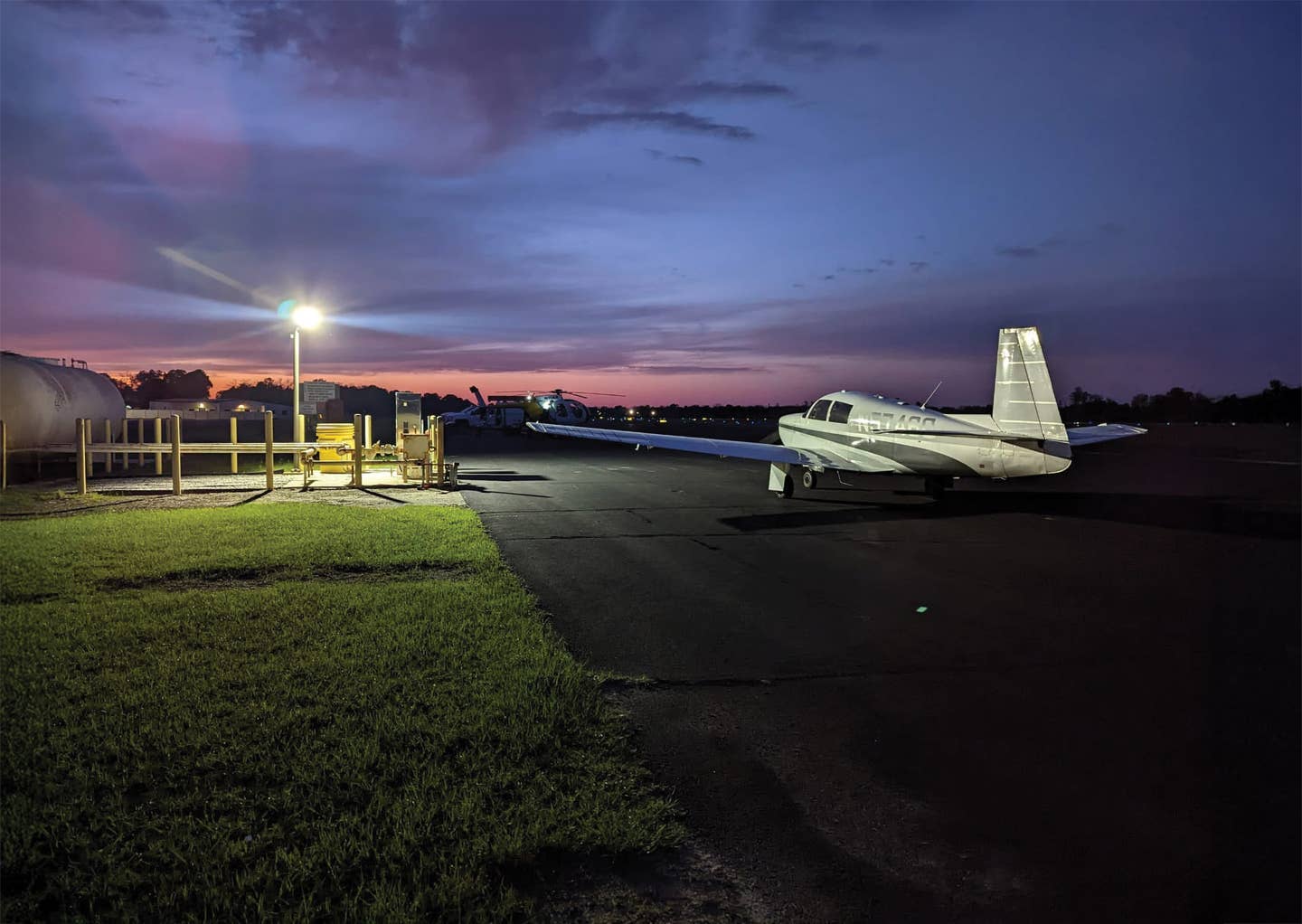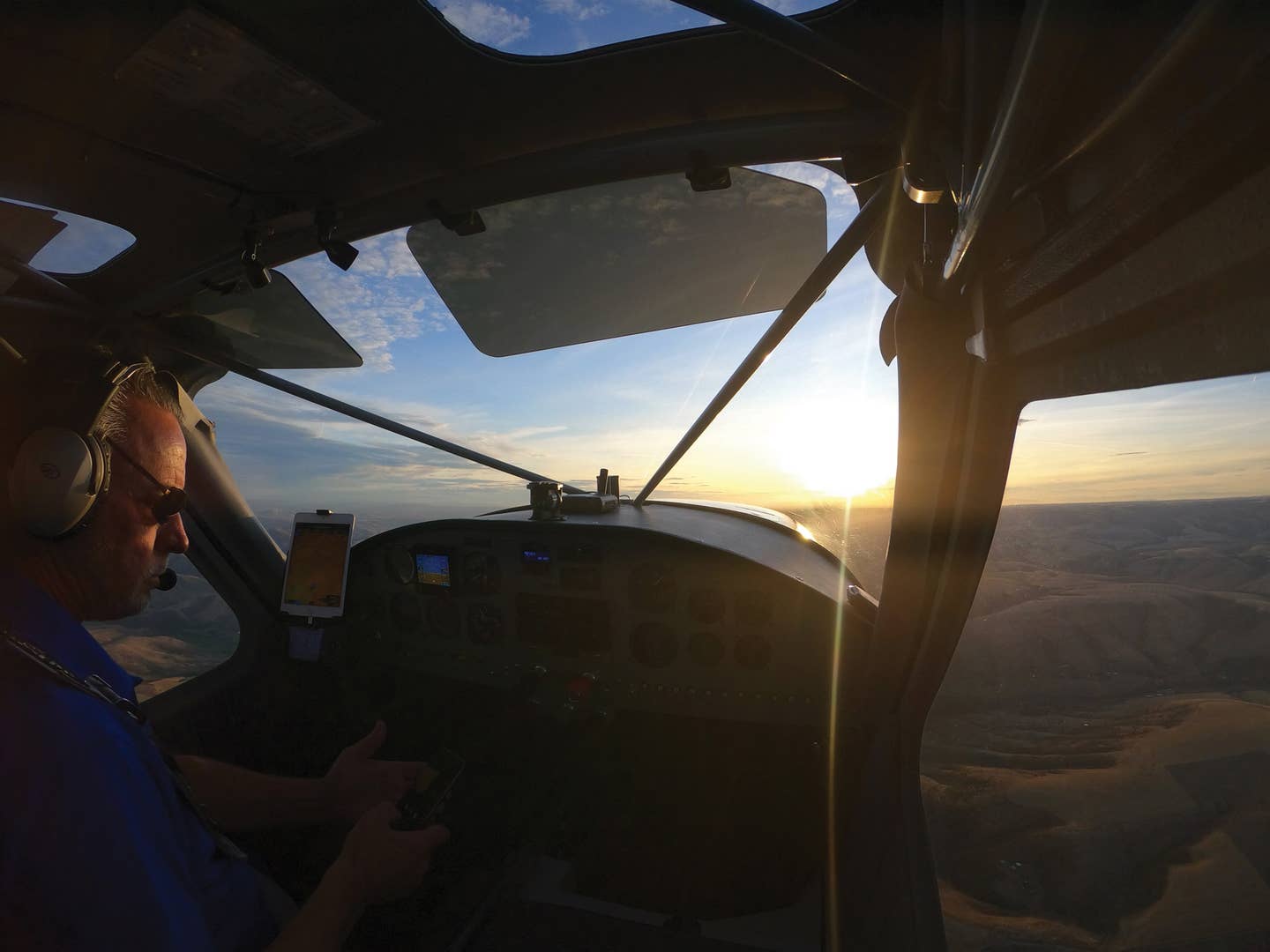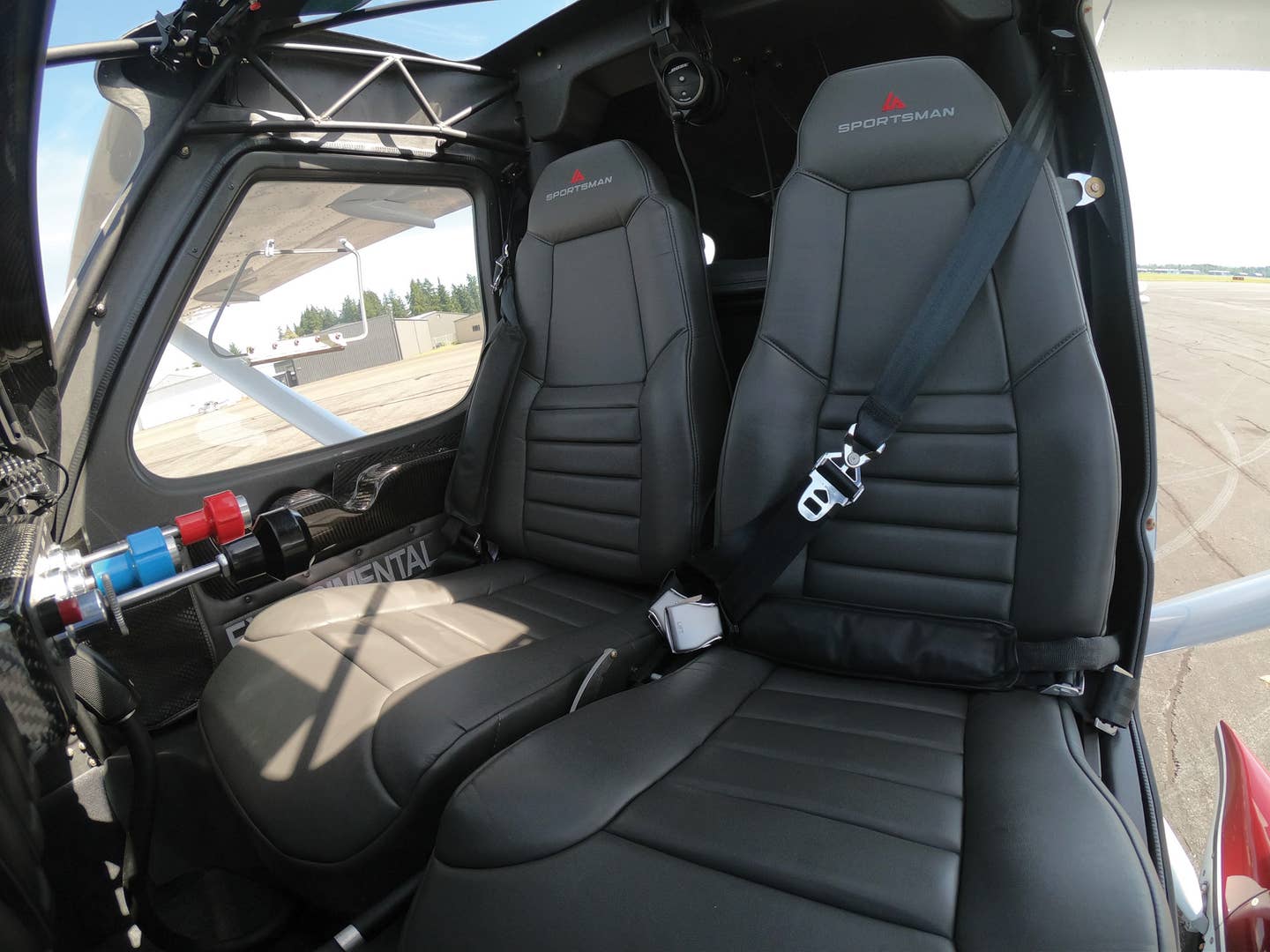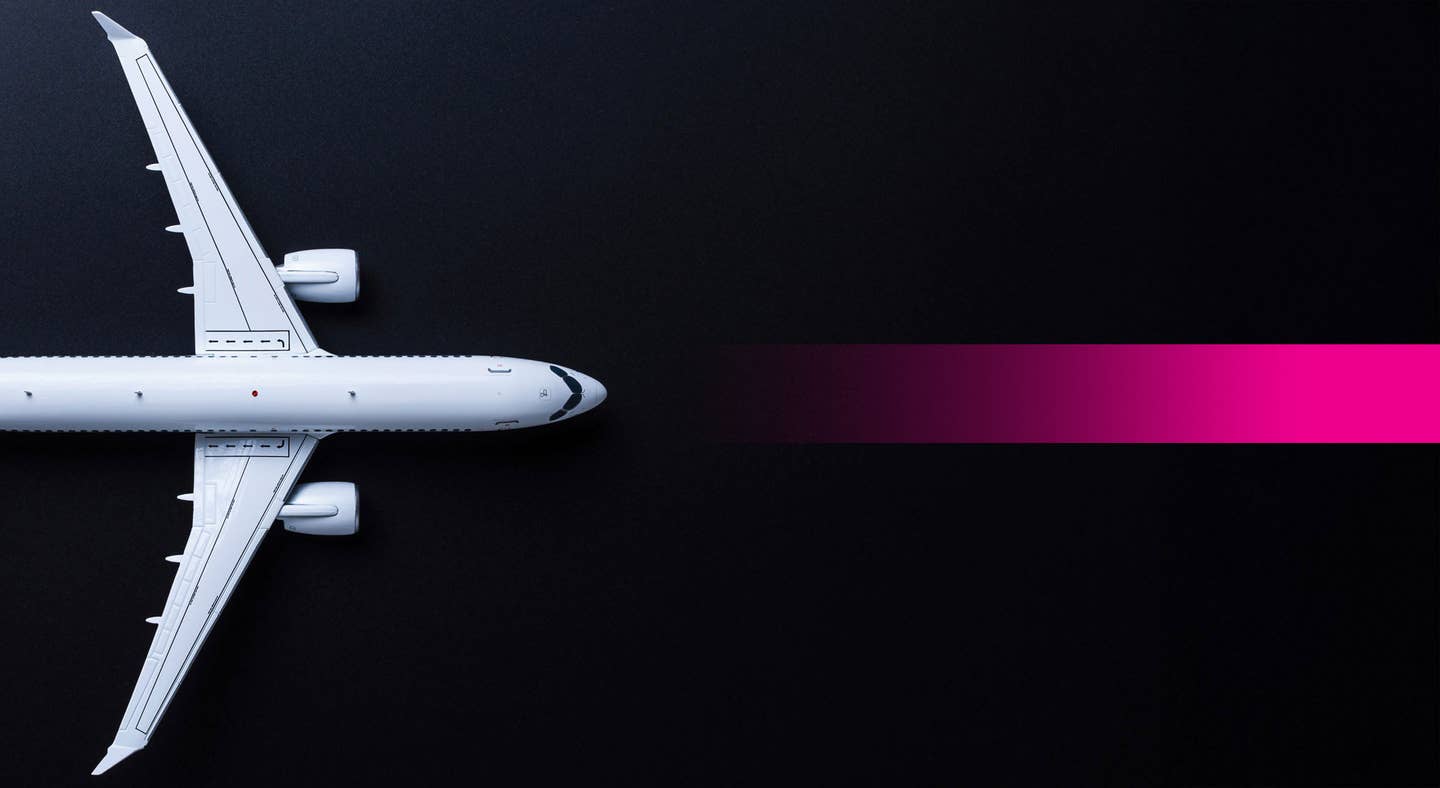Op-Ed: What Will GA Look Like After COVID-19?
Our aviation world has numerous advantages that should help it survive the coronavirus disruption in the long term.
Making predictions about COVID-19 is a fool's errand right now, with a year's worth of news happening in a week. When will schools open? When will sports stadiums again host packed crowds? The best guesses seem to change by the minute, so I for one am not making any predictions about these topics.
But that doesn't mean we can't think in broad outlines about the future of flying. While the medical community is focused on finding a vaccine and parents are contemplating the merits of online schools, many pilots are thinking about what changes we might notice at the airport six or 12 months from now. There's plenty of analysis to read about the airline industry and the challenges they face (a lot). But what about general aviation?
I'm obviously biased because I love light airplanes and the freedom they offer, but I genuinely believe general aviation will come out of this crisis stronger. This isn't just wishful thinking; there are reasons to be optimistic about our small corner of the transportation world.
Consider why most pilots choose to fly in the first place. It's typically for one of three main reasons: for fun, for transportation, or for a career. At least two of those three seem to be on very solid ground.
Recreational flying should be relatively unscathed by COVID-19, at least once the expected recession comes to an end. In the short term, some pilots will be nervous about flying purely for fun during shelter-in-place orders, others will be worried about family finances with unemployment rising fast. But after these immediate threats subside, taking a Cub or RV-12 for a lazy flight down the river will be a very safe way to have fun---in the virus era, the isolation found aloft is a feature, not a bug.
Besides, with fewer concerts or sporting events, there will be less competition for time and money in the family entertainment budget. A flying club might offer some sense of social interaction but in a more controlled way, plus the option to fly for fun. Light airplanes could start to look pretty appealing when compared to some larger group activities.
Pilots who fly for personal or business transportation purposes face a slightly more uncertain future. Some people are writing dire predictions about how business travel and face-to-face meetings will never be the same. I don't doubt there will be a lasting impact from this forced experiment in digital meetings, but we often overestimate how much fundamentally changes after a crisis. Business travel took a major hit after 9/11, but it didn't disappear. Less than three years after the terrorist attacks of 2001, airline travel was back above its previous peak. The major changes were mostly in the type of flying (more low cost carriers, fuller airplanes), not the actual amount of flying.
In fact, I think this time of isolation may reinforce how valuable in-person meetings are. Certainly not all of them, but among your most important colleagues and customers there's simply no substitute for being in the same room---no matter how good you are at Zoom meetings. You might skip the handshake, but I can't imagine major deals will be sealed from thousands of miles apart. My experience over the last month with Skype calls, Teams meetings and Hangouts chats has been helpful for keeping things going, but it has also been very inconsistent and occasionally quite frustrating.
When this type of travel does come back, general aviation and business aviation will be highly preferred over airline flights. The certainty of knowing who you're flying with is worth a lot, and those quiet country airports you visit by light airplane might start to look quite safe compared to LaGuardia or LAX. With good planning, a private flight can also save an overnight stay in a hotel and thus any associated concerns about additional exposure. Some large companies have long prohibited senior executives from traveling by airline, and more recently fractional jet companies have started moving their pilots around using empty legs on corporate jets in order to avoid airlines. These policies may become more widespread, at least for a while.
The desire for personal travel will be even stronger than business travel. After months of no contact with grandkids and close friends, I suspect many pilots' first long flight will be to visit loved ones. What better way to do that than in a Cessna or Cirrus? With avgas prices dropping under $4/gallon in some areas, the economics will look better than they did just a few months ago.
Anecdotally, I've found many people are rediscovering their families after being "forced" to be together for weeks uninterrupted. That statement sounds sad at first, and there have been some sarcastic jokes about the pain of homeschooling kids, but plenty of parents have also realized that children should be loved as people, not managed like expensive assets. Maybe the rat race of school, travel sports, music lessons, and SAT classes isn't worth it, and a family vacation is a better investment than a new Mandarin tutor for Johnny? If so, then a general aviation trip to the nearest beach or national park is going to be a great option. Such a vacation will certainly be possible much sooner than a long international airline flight to a country with strict quarantine rules.

Subscribe to Our Newsletter
Get the latest Plane & Pilot Magazine stories delivered directly to your inbox

